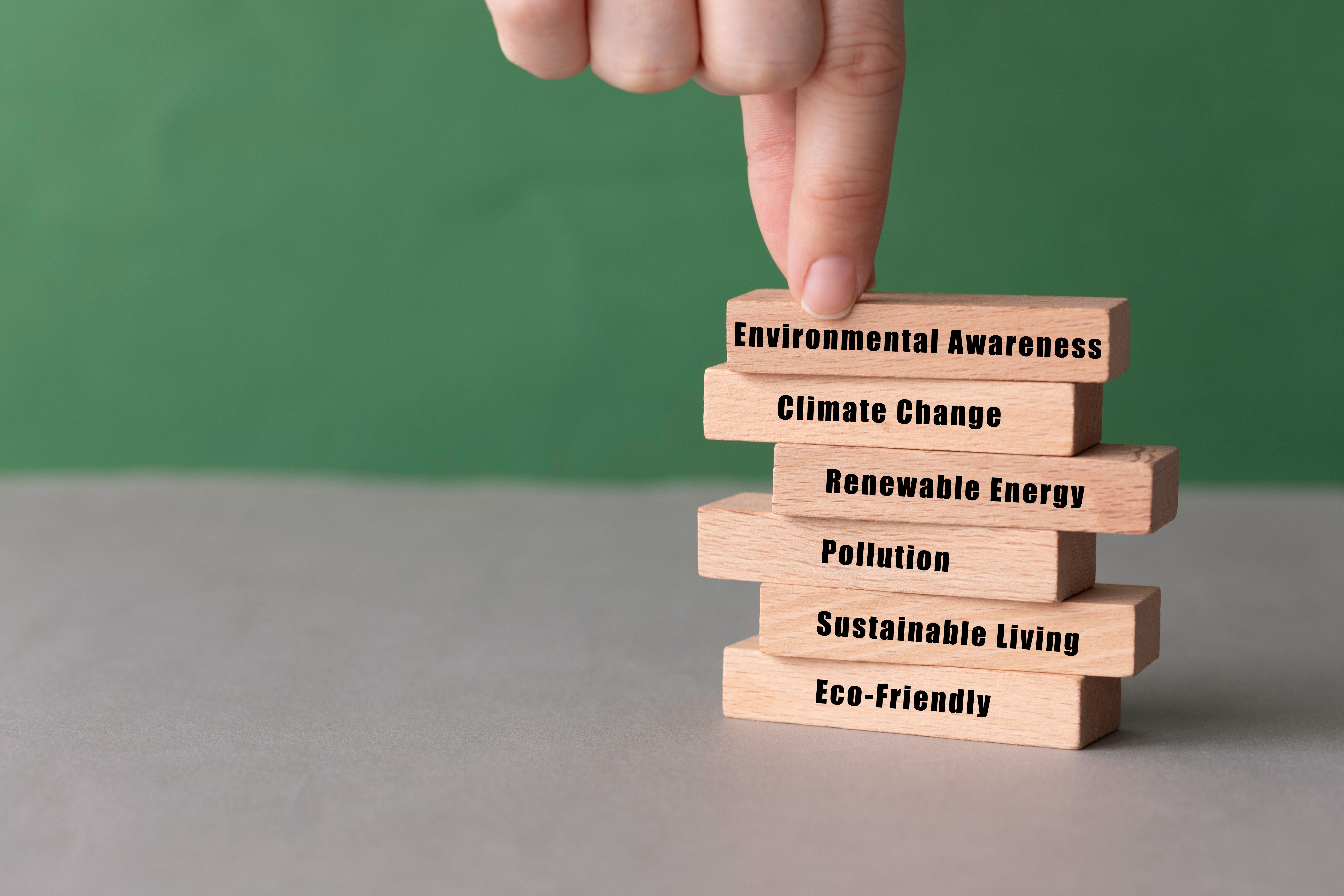Nourishing the Future: Embracing Sustainable Nutrition
Understanding Sustainable Nutrition
Sustainable nutrition is more than just a trend; it is an essential approach to ensuring a healthy future for both people and the planet. By focusing on sourcing and consuming food in a way that respects the environment, promotes health, and supports local communities, sustainable nutrition aims to create a balanced ecosystem for future generations.
As awareness of environmental issues increases, so does the need for sustainable practices in agriculture and food production. Embracing sustainable nutrition requires a shift in consumer behavior as well as changes in how food is produced and distributed. The choices we make today can have lasting impacts on environmental conservation and food security.

The Importance of a Plant-Based Diet
A significant aspect of sustainable nutrition is the emphasis on plant-based diets. Consuming more plant-based foods can reduce the carbon footprint associated with meat production, which is resource-intensive and contributes significantly to greenhouse gas emissions. Additionally, plant-based diets are often rich in essential nutrients, promoting overall health and well-being.
Transitioning to a more plant-based lifestyle doesn't necessarily mean cutting out meat entirely. Instead, it encourages individuals to incorporate more vegetables, fruits, legumes, and grains into their meals. This change can lead to a more sustainable food system while also offering diverse culinary experiences.
Benefits of Eating Locally
Supporting local farmers and markets is another key element of sustainable nutrition. Eating locally-sourced foods reduces transportation distances, minimizing carbon emissions associated with food transport. Additionally, purchasing from local producers helps sustain regional economies and fosters community connections.

Reducing Food Waste
Food waste is a significant issue impacting sustainability efforts worldwide. Roughly one-third of all food produced is wasted, leading to unnecessary resource usage and increased greenhouse gas emissions from decomposing waste. By being mindful of food purchases and consumption habits, individuals can play a pivotal role in reducing waste.
Simple strategies such as meal planning, proper storage techniques, and creative use of leftovers can significantly decrease household food waste. Educating communities about these practices can further amplify their impact, promoting a culture of mindful consumption.
Innovations in Sustainable Food Production
Technological advancements are driving innovations in sustainable food production, offering new solutions to meet global nutritional needs. Vertical farming, for example, maximizes space efficiency by growing crops in stacked layers, reducing land use and water consumption.
Additionally, alternative proteins such as plant-based meats and insect-based foods are gaining popularity as sustainable options that require fewer resources than traditional livestock farming. These innovations provide exciting opportunities for developing a diverse and resilient food system.
The Role of Policy and Education
Policymakers and educators play critical roles in advancing sustainable nutrition. Implementing policies that support sustainable agricultural practices and providing incentives for businesses to adopt eco-friendly methods can drive systemic change. Furthermore, integrating sustainability education into school curriculums can empower future generations to make informed dietary choices.
By fostering collaboration between governments, industries, and communities, we can create comprehensive strategies that promote sustainable nutrition on a global scale. Such efforts are essential for ensuring the health of both our planet and its inhabitants.

Conclusion: A Collective Effort
Embracing sustainable nutrition is a collective effort that requires the participation of individuals, communities, businesses, and governments alike. By making conscious choices about what we eat and how it is produced, we can nourish not only ourselves but also the future of our planet.
The journey towards sustainable nutrition may be challenging, but it offers immense benefits for our health and the environment. As we continue to educate ourselves and others about sustainable practices, we pave the way for a healthier and more equitable world for generations to come.
